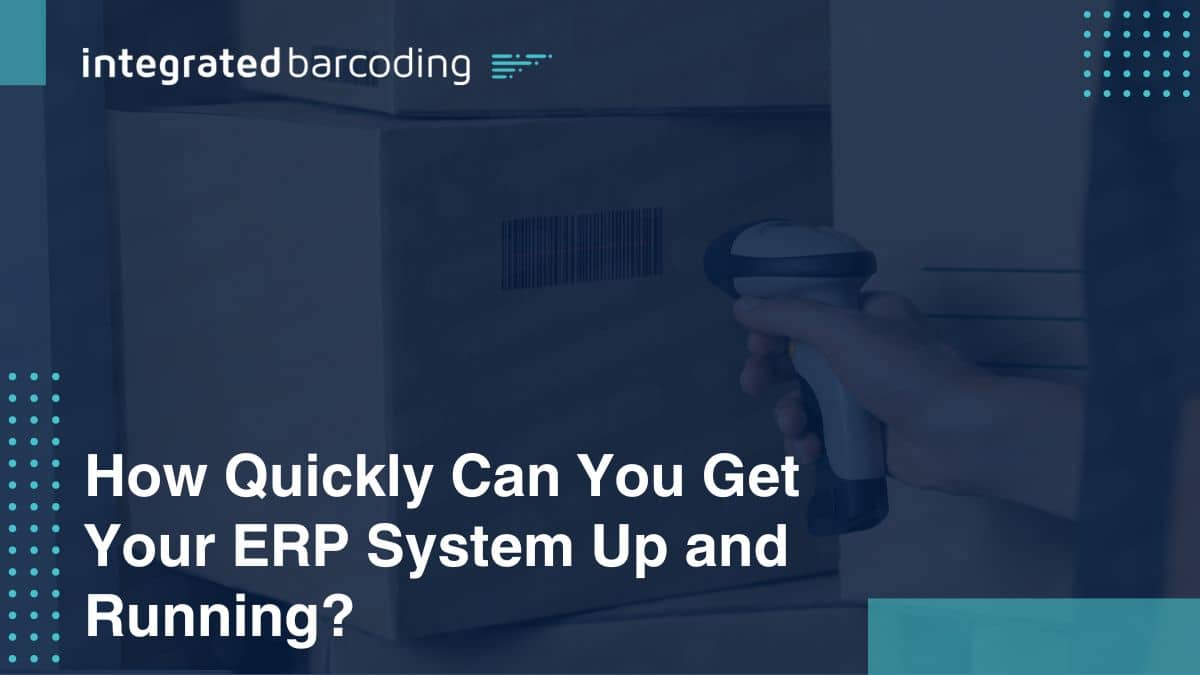Embarking on the journey to integrate an Enterprise Resource Planning (ERP) system into your business operations raises a pivotal question: How long does it take to implement an ERP system? This transition, crucial for enhancing efficiency and streamlining processes, varies significantly in duration and is influenced by multiple factors unique to each organization. Let’s explore what shapes these timelines and how to navigate the path to ERP success with greater clarity and confidence.
Average ERP Implementation Timeline
The time it takes to get an ERP system running varies widely depending on the size and complexity of your business. For small to medium-sized businesses, the process generally spans 3–9 months. Larger organizations might need 6–18 months to fully implement their ERP systems. For global enterprises, the question of how long an ERP implementation takes becomes more complex, with projects potentially extending over several years.
Key Factors Affecting ERP Project Duration
Diving deeper, several key aspects dictate how long it takes to implement ERP, making it essential for businesses to consider these in their planning phase.
Project Scope
The breadth of your ERP implementation is the most significant determinant of its timeline. Incorporating various ERP layers, such as finance, inventory, and sales, or deploying across multiple locations inherently extends the project duration. Adopting a phased approach can facilitate quicker wins and manage complexity more effectively.
Customization Needs
While ERP systems come with standard processes, aligning them with your specific business requirements can necessitate customization. However, excessive customization can lead to prolonged timelines and potential inefficiencies. Striking the right balance between adapting your processes to the new system and necessary customizations is crucial for a timely rollout.
Resource Allocation
The availability of both internal and external resources significantly influences the pace of ERP implementation. Ensuring your team’s involvement and aligning with the schedules of your ERP partner are pivotal. Unexpected delays often arise from resource constraints, highlighting the importance of meticulous planning and coordination.
Wrapping It Up: The Path to ERP Success
Embarking on an ERP implementation journey requires a clear understanding of the timeline and factors that influence it. While the desire for a quick transition is understandable, the focus should always be on achieving a seamless integration that supports your business objectives. Remember, the goal is not just to implement an ERP system but to do so in a way that enhances your operational efficiency and prepares you for future growth.
For businesses looking to streamline their supply chain management with precision and efficiency, Integrated Barcoding offers a solution. By integrating SyteLine software, we help you harness the power of Infor’s advanced ERP to meet your unique production challenges.


